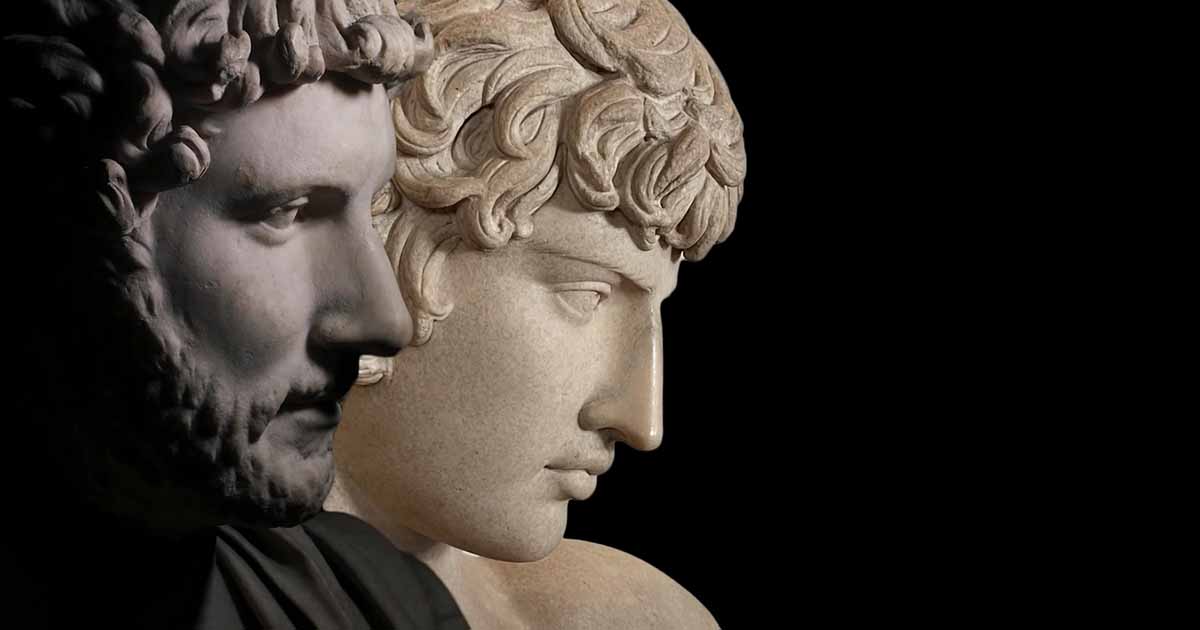Facial Reconstructions of Emperor Hadrian and Antinous (Video)
Hadrian, born in 76 A.D. in Italica, Spain, faced adversity when both his parents passed away, leaving him a ward. He developed a deep affinity for Greek culture and literature, earning him the nickname "Little Greek." Hadrian's path to power included his adoption by Emperor Trajan and his rise through the ranks as a military tribune and skilled orator. His marriage to Vibia Sabina was arranged and lacked warmth. As Hadrian's reign began, he shifted the empire's focus from conquest to peace through strength, fostering art and architecture, including the Pantheon's reconstruction. Hadrian's travels throughout the empire had a profound impact. He initiated the construction of Hadrian's Wall in Britannia, symbolizing the empire's boundaries.
His commitment to resolving disputes and supporting local customs solidified his image as a protector. In 130 A.D., Hadrian met Antinous, a young man who became his companion and lover. Their relationship deeply affected Hadrian, and when Antinous tragically drowned in the Nile, the emperor was devastated. Hadrian had Antinous deified, and his worship gained immense popularity. However, grief altered Hadrian's demeanor. He brutally suppressed the Jewish revolt and ended his reign on a bitter note. With no heirs of his own, he carefully selected Antoninus Pius as his successor, shaping the empire's future.
- The Mighty Wall of Hadrian, Emperor of Rome
- The Love Affair of the Roman Emperor Hadrian and the Handsome Antinous
Top image: Busts of Hadrian and Antinous. Source: YouTube Screenshot / Royalty Now Studios.

















